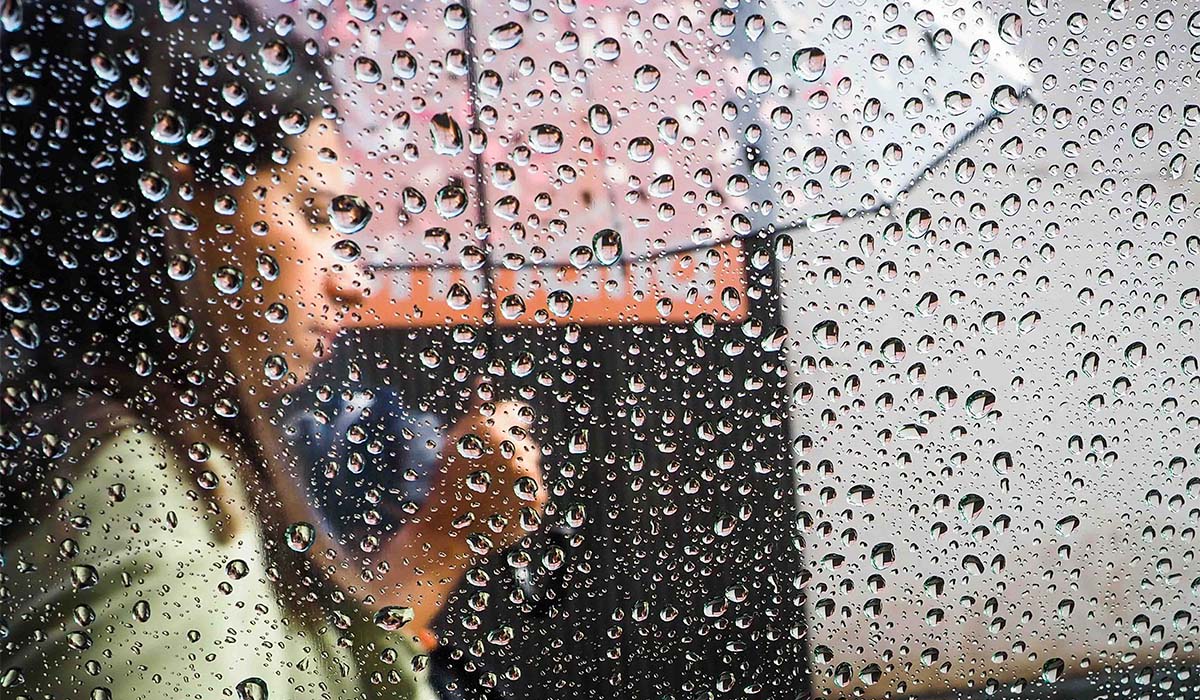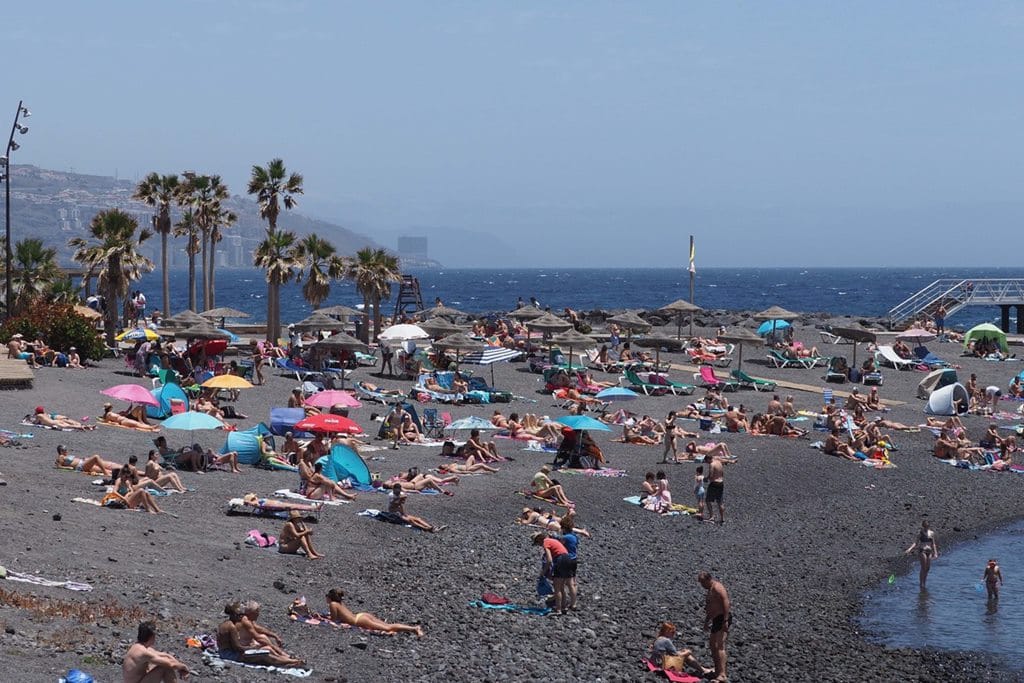The Cabildo launches a project to assist Ukrainian families who have arrived on the island as a result of the war.
The Councillor Delegate for Citizen Participation and Diversity of the Cabildo of Tenerife, Nauzet Gugliotta, has held a meeting with representatives of the Red Cross in charge of the implementation of the project of “Attention to Ukrainian Families” on the island, which has just begun to assist women, children, young people and their families who have arrived in Tenerife after the outbreak of the war.
The meeting took place at the Red Cross offices in Puerto de la Cruz, from where the different care services will be channelled. The meeting was also attended by the mayor of Puerto de la Cruz, Marco González, together with the provincial vice-president of the Red Cross, Heliodoro González, the regional technical director, Dácil Hernández, and the provincial coordinator, Rubén González, as well as the project’s technical staff and volunteer team.
“The meeting served to assess the situation of the Ukrainian beneficiaries of these interventions, to learn about their difficulties and problems in order to work in a coordinated manner to respond to their most urgent and immediate basic needs,” said Gugliotta, who stressed that “this is the first action of its kind carried out by the Red Cross on the islands through a public administration.
The delegate councillor explained that “the Cabildo has financed with 156,436 euros the implementation of this project, which will run until June 2023, with the aim of improving the adaptation of Ukrainian families, covering their basic needs and promoting their social integration into local life”. “The project will work specifically with children and young people between the ages of 5 and 17, registered and enrolled in school, who will have academic and psychological support services, alternative leisure and school support, among other resources, so that they do not lose the dynamics of their studies”.
“We are talking about families who have not left their country by choice, but because of the war, whose sons and daughters find themselves without their usual networks of friends, schoolmates and family ties and require specific attention,” said Gugliotta, who added that, “in parallel, we intervene with adults, through guidance services, accompaniment, mediation and training in basic personal skills, among other actions.
“The project has just started in the northern region, with some 80 Ukrainian families, although it covers the whole island and has an adapted transport service to pick up children and young people from the southern region,” he added.






